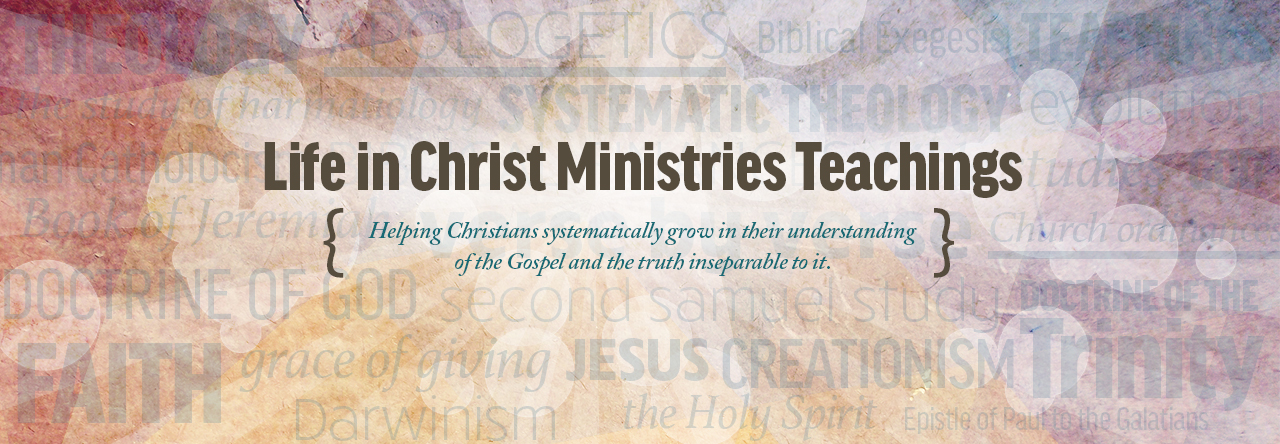And they have built the high places of Tophet, which is in the Valley of the Son of Hinnom, to burn their sons and their daughters in the fire, which I did not command, nor did it come into My heart.
(Jer 7:31)(they have also built the high places of Baal, to burn their sons with fire for burnt offerings to Baal, which I did not command or speak, nor did it come into My mind),
(Jer 19:5)And they built the high places of Baal which are in the Valley of the Son of Hinnom, to cause their sons and their daughters to pass through the fire to Molech, which I did not command them, nor did it come into My mind that they should do this abomination, to cause Judah to sin.’
(Jer 32:35)
Above are three examples where God is recorded as saying either, “nor did it come into My heart” or “nor did it come into My mind”. The question that immediately arises is – what did God mean when He said these things? If you approach these texts with an open theist posture you might be inclined to say that God was saying that He hadn’t even conceived the possibility of these things happening. That could be your explanation of the phrase, “nor did it come into My mind”; a kind of equivalent of God saying, “The things that these people are doing… I hadn’t even imagined this sort of thing happening. It’s not only outlandish, it’s unexpected.”

















